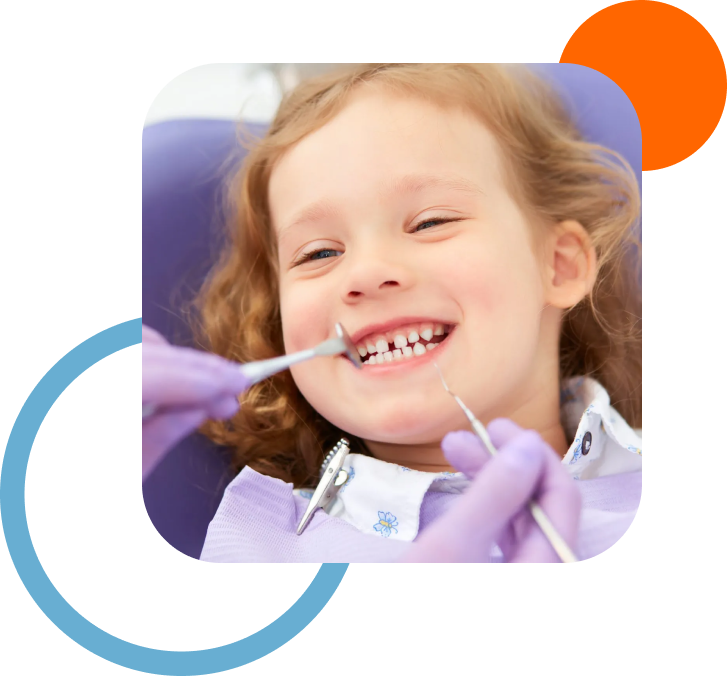

Every child deserves a lifetime of healthy smiles. That’s why at Peachtree Children’s Dentistry, we start early with dental care. Endorsed by the American Academy of Pediatric Dentistry, we believe in introducing children to pediatric dental services by their first birthday. This proactive approach ensures potential dental issues are identified and addressed promptly, laying the groundwork for impeccable oral health.
From teething discomfort to dental decay prevention, our team specializes in children’s dental care. So, whether it’s their first visit or a regular dental check-up, we promise an experience that’s as delightful as their smile, right here in Gainesville, GA.


We provide Digital x-rays with 90% less radiation than traditional x-rays.
Soft tissue CO2 laser (Lightscalpel)
We strictly adhere to sterilization guidelines, ensuring a safe environment.




Copyright © 2023 | Peachtree Children’s Dentistry. All Rights Reserved | Site Design by Novulty